Like all resources, willpower is scarce.
We need to parcel out our willpower units (let’s call them “WPUs”) thoughtfully to have a properly productive day and achieve our goals. But if we spend all our WPUs on making tough decisions at work or at school, that doesn’t always leave a lot of spare willpower laying around for extras like “an hour in the gym every day!” or “liveblogging the 1001 Movies You Must See Before You Die!”.
So, what can you do?
Author Stephen Guise is known for writing about habit formation, and what I’ve found most fascinating and helpful is his notion of mini-habits.
Guise tells the story of how he had the big goals of wanting to be in great shape and exercising 30 minutes every day. For many people, including Guise, that’s an expensive ask from a WPU standpoint.
Then inspiration struck him: What if he stopped asking himself for the big thing and just asked himself for one, small, ridiculously easy thing? He settled on doing one push-up a day.
That, in his own words, is “stupid simple.”
Come on, just one push-up! That’s maybe 0.5 WPUs. Barring those with medical prohibitions, just about anyone could talk themselves into a single push-up a day.
So, Guise’s brain paid its very nominal WPU fee, and he got down on the floor and did his single push-up.
Then, since he was already there and in the push-up position, he did a few more. Since he was already warmed up, he thought he might try a single pull-up. Then he did a few more. And so it went, one thing leading to another until, lo-and-behold, he’d done his 30-minute workout.
In short, Guise cheated his own mind.
He gamed himself into paying a lower willpower price than he ordinarily would have paid to get himself his ultimate goal of a 30-minute workout.
And if he didn’t manage the full 30-minute workout one day, he hadn’t failed because he still met his “stupid simple” goal of a single push-up so there was no feeling of crushing defeat to derail his progress. And in doing so, he eventually got into the habit of doing it.
I have done something similar myself.
As a hobby, I write fiction. When I was younger and less employed, I enjoyed participating in National Novel Writing Month (commonly shortened to NaNoWriMo), which occurs every November. The goal is to write 50,000 words in 30 days.
Yes, you read that correctly.
Roughly speaking, that’s about a 150-page book. I attempted NaNoWriMo for years and I failed every single time, sometimes giving up after the first day. This is because I kept thinking about those big numbers. 50,000 words. 150 pages. And I felt like a terrible writer who’d never amount to anything.
Here there be dragons.
However, after a little simple math, it turns out that 50,000 words in a month comes to just 1,667 words a day.
That’s only three or four pages, depending on your line-breaks.
To me, that seemed like a very manageable job. I couldn’t possibly write a whole novel in a day, but that’s what my brain was thinking I was asking it to do and so my WPU bank was thereby reporting a critical shortage.
But three-to-four pages?
Totally doable for me. And in 2012, not only did I manage my 50,000 words, I did it with a week to spare.

1,667 words a day was a reasonable daily goal for me, but no matter what your goal, do what Guise suggests and make it “stupid simple.”
Make it so easy and small, you could almost do it by accident.
These mini-habits can be anything. Drink one glass of water. Watch five minutes of educational content on YouTube. Read two pages of a book, any book that interests you. Meditate for one minute. Something that takes just a few WPUs.
But whatever it is, do it every day.
And you might find that while you’re there, you cheat your way into something amazing.


